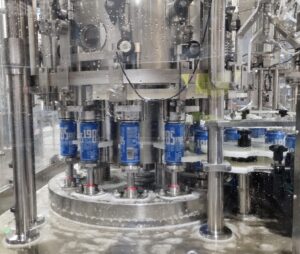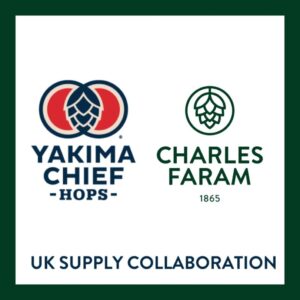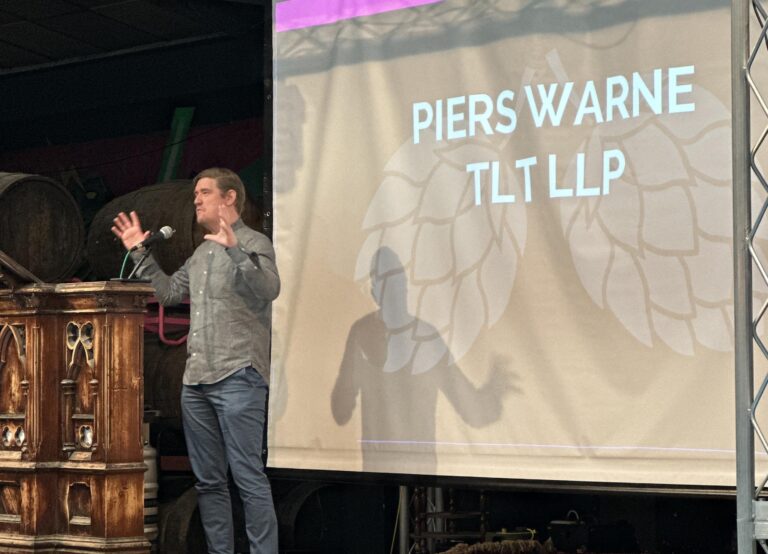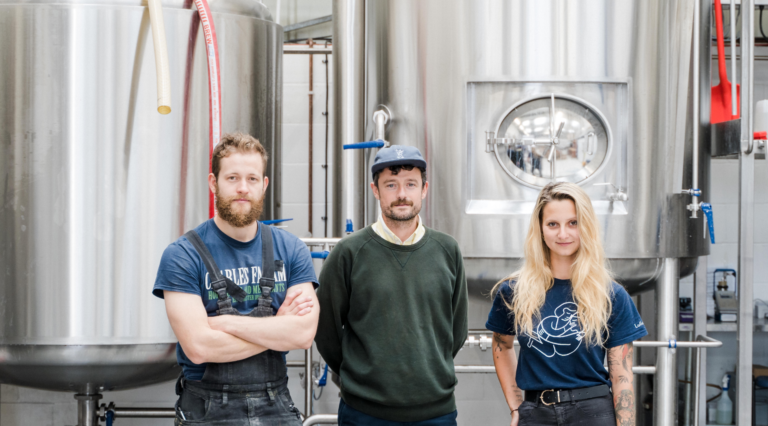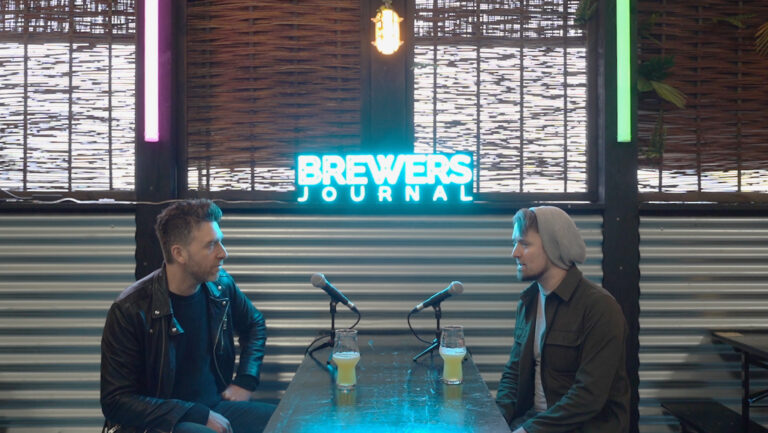Driven primarily by product quality, sustainability appears embedded into operational activities delivering efficiencies and improving the bottom line. While there is strong evidence that the industry is environmentally aware and active, it might begin to present this to its drinking customers, more than its investors, as sustainability becomes a differentiator in the eyes of the consumer, explains John Kyle, managing director at Culligan UK.
This March, the Society of Independent Brewers published its British Craft Beer report. It highlighted a number of interesting consumer trends including the changing consumption patterns of Millennials and Generation Z.
While quality and flavour will always be a key differentiator for beer, an interest in sustainability is increasing and some independent brewers are keen to differentiate their products around this with promotion of carbon neutral and carbon negative beers. So how environmentally-friendly is brewing and where does environment sit in the brewing agenda?
Effective reduction of a business’ environmental footprint starts with an audit of resources. Water is one of the most important resources in the brewing process. It makes up 90 percent of the product and is used extensively to produce steam to heat mash tuns, kettles and for pasteurisation in the packaging process. We help brewers treat this critical resource, not only to purify water to help deliver a predictable flavour profile, but to reduce maintenance costs and reduce fuel bills.
We see the industry responding to the challenge of reducing their environmental impact year on year. Many of our clients recognise that being environmentally-friendly makes good business sense and are using Culligan filtration and softener products to reduce water consumption, re-use water and make important energy savings.
They all recognise that looking after water quality improves the bottom line, not only by producing a high quality product, but also doing it more cost-effectively. Water recovery and innovative re-use are all examples of how brewers are resource savvy and environmentally-friendly. We see environment is high on the agenda. The larger breweries produce sustainability plans and targets, but some independent and craft brewers simply recognise its importance and appear less vocal about environmental issues though they are integral to their business model.
The British Beer & Pub Association estimates there are 2,500 breweries within the UK and the sector looks buoyant. While market conditions remain challenging, the changing demographics and tastes of the beer drinker in the UK presents opportunities to differentiate product in different ways. Culligan has seen a rise in the requirement for reverse osmosis units to purify water from both mains and alternative water sources. The Rebellion Beer Company are using our filtration and softening to produce quality beer with an eye on their environmental impact.
A brewing perspective
“The growth in demand for lager was very apparent in 2018 and demand continues to grow in 2019. We use a tailored Culligan reverse osmosis (RO) system to treat our feed water, so we can deliver a predictable flavour profile to our product,” says Paul Gloyens, The Rebellion Beer Company’s engineering manager. “The water specification for lager is precise and the RO is able to deliver this efficiently. Also any wastewater from the process is recovered and used for clean in place (CIP).”
He adds: “The RO system includes an upstream water softener ensuring all feed water is softened. This minimises scaling in the heat exchangers used for process heating and cooling, further reducing the volume of water and chemicals required for descaling and ensuring the equipment works efficiently.”
With lager demand on the increase, the demand for low ABV products that are packed full of flavour and complexity is growing too. Capturing consumer attention in this competitive market is important and promoting sustainably produced product may become a viable USP.
Goodness Brewing Company is another customer using a tailored softener and reverse osmosis water treatment system to produce pure water for their product range including Yes! , an IPA packed with tropical flavours.
Mike Stirling, Brewer and co-owner, is being innovative about operating sustainably and cost-effectively.
“We use Culligan’s technology to achieve a high quality product primarily, but enjoy all the advantages that the system brings in reducing scale, associated energy cost and the potential to recycle our wastewater,” he explains. “Producing modern hoppy pale ales and lagers we need high quality water to enhance flavour, but also we can feed the treated softened water through a heat exchanger to reduce our energy requirements further. Brewing twice a day we can heat the treated water for the second batch while simultaneously cooling the wort.”
On average 70% of the fresh water intake in a brewery becomes effluent. Water reclamation makes great business and environmental sense. Reusing process water is a trend already seen in soft drink production and beginning to gain traction in craft brewing. The British Beer and Pub Association (BBPA) benchmarking data on beer shows a significant number of companies have water intensity close to current best practice.
“British independent brewers are some of the most innovative, environmentally-conscious business owners around,” says James Calder, head of public affairs at the Society of Independent Brewers.
Waste water from malting and lautering is often sent directly to municipal sewage systems, but more breweries are beginning to treat and reuse their water for non-potable operations such as cleaning.
An increasing interest in microbeads in water is also raising concerns for our customers and generating interest in water filtration. The Guardian newspaper reported recently on the testing of UK tap water that found 83% of the samples were contaminated with plastic fibres. In a global study USA had the highest contamination rates with European nations, including the UK, being lowest, but still at 72%.
The average number of fibres found in each 500ml sample ranged from 4.8 in the US to 1.9 in Europe. The scale of global micro-plastic contamination is only starting to become clear, with studies in Germany finding fibres and fragments in all of the 24 beer brands they tested.
Breweries are recognising that filtration can provide assurances about the quality of water in their product, not only from a flavour perspective, but also a contaminant perspective. Commercial microbeads range in size from 10 micrometres to 1 millimetre. Our media filters will treat these easily, but reverse osmosis filters particles out at a much smaller size ensuring filtrate is micro-bead free. Breweries using our filtration systems can be confident that customers are drinking quality product and not plastic.
Sustainability appears to be high on the agenda of breweries that we provide filtration and softening technology to. Driven primarily by product quality, sustainability appears embedded into operational activities delivering efficiencies and improving the bottom line. While there is strong evidence that the industry is environmentally aware and active, it may begin to present this to its drinking customers, more than its investors, as sustainability becomes a differentiator in the eyes of the consumer.


